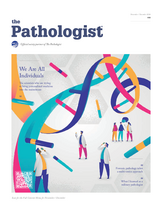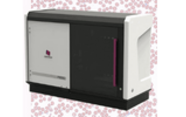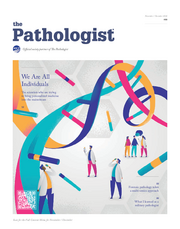Intralesional Injection of Anti-PD-1 (pembrolizumab) Alters the Immune Microenvironment in High Risk Breast Ductal Carcinoma In Situ (DCIS)
Dr. Campbell presents results from a study of DCIS patients receiving neoadjuvant treatment with pembrolizumab, injected directly into lesions
sponsored by Revvity

Dr. Campbell will present results from a study of DCIS patients receiving neoadjuvant treatment with pembrolizumab, injected directly into lesions, to assess whether this approach stimulates immune engagement. A previous study showed that high numbers of activated CD8+ T cells within DCIS lesions associates with better outcomes while low numbers associates with poorer outcomes. Manipulating the immune microenviroment in DCIS, for example via checkpoint blockade, could potentially alter disease progression. Dr. Campbell will describe their multiplexed immunofluorescence panels, observations and data showing positive immune engagement, and discuss further exploration of immuno-biology made possible by multiplexed immunofluorescence.
Learning Objectives of Webinar
- Expand understanding of the application of multiplexed immunofluorescence analysis in immuno-oncology research
- Learn how a leading lab developed and applied two optimized 7-color panels
- Learn how measured distributions of cell phenotypes across the tumor microenvironment can be used as a basis for better understanding of the systems biology driving disease





















